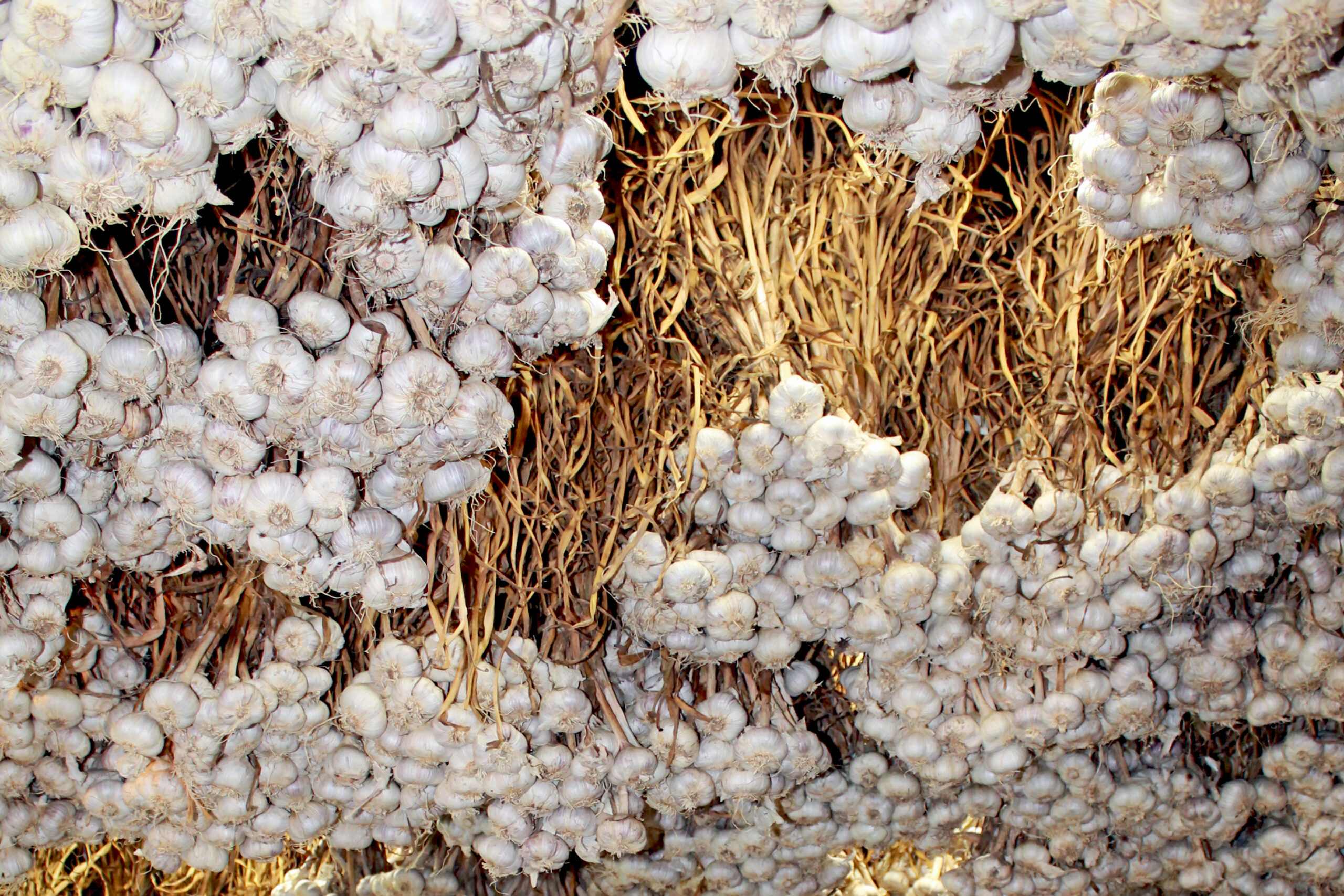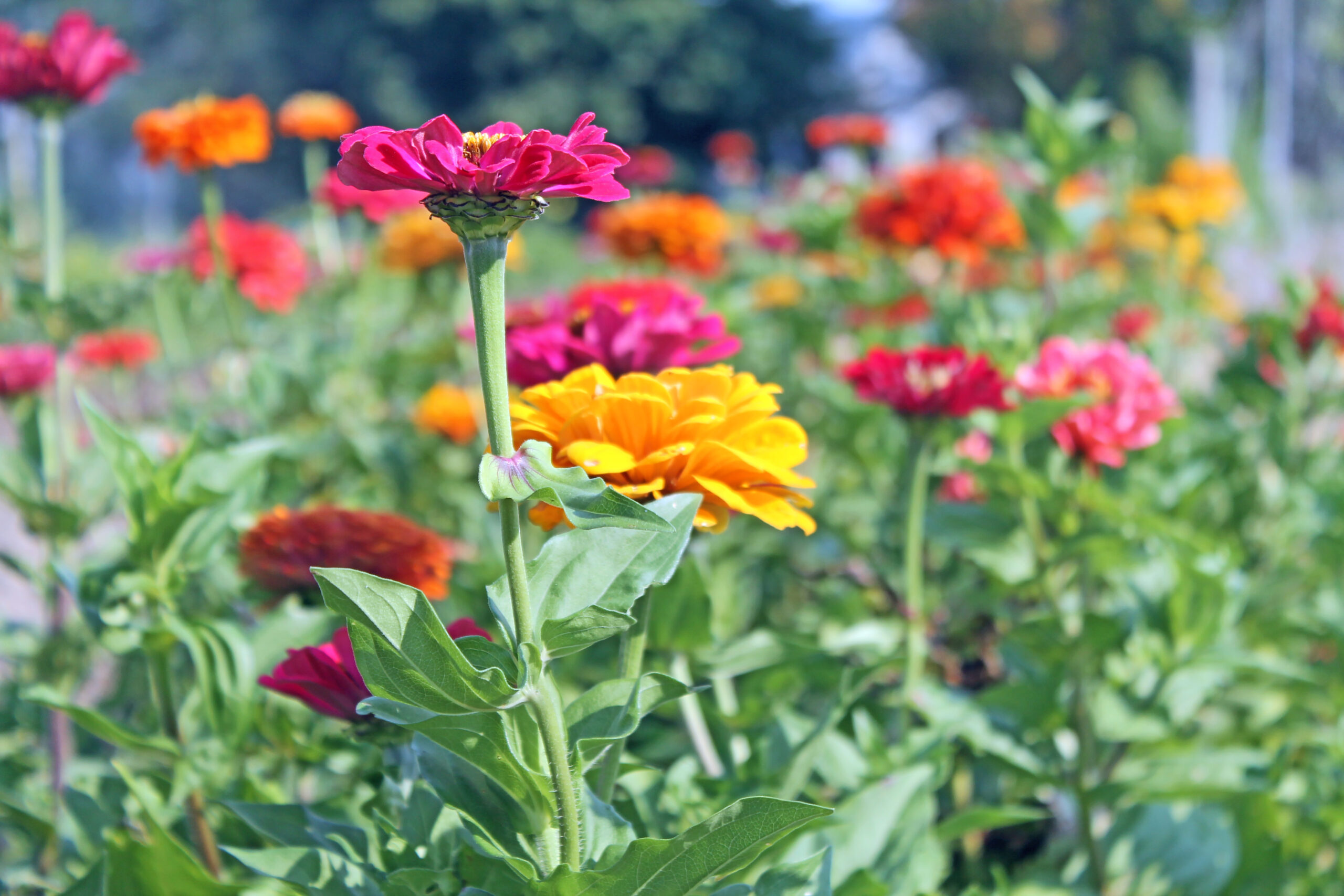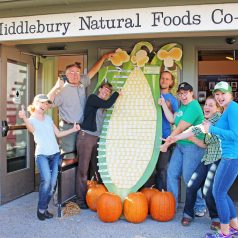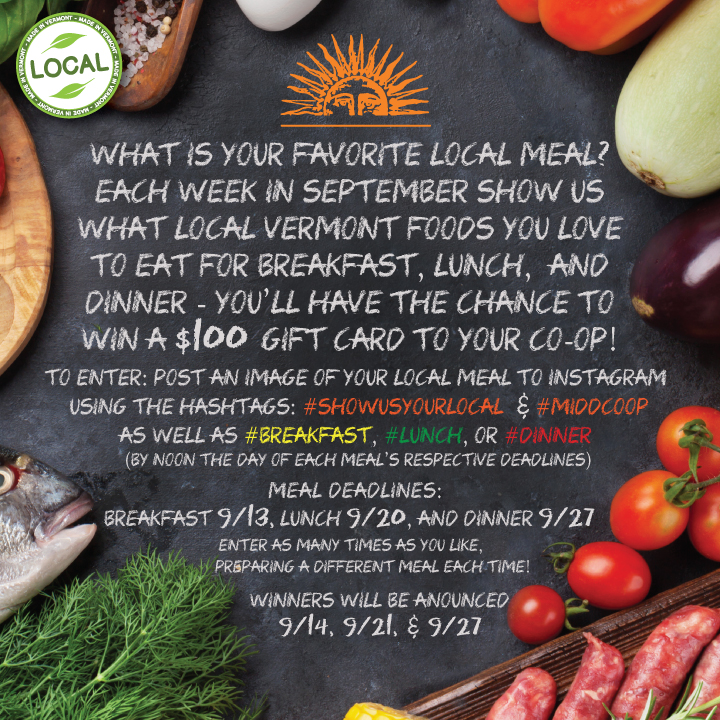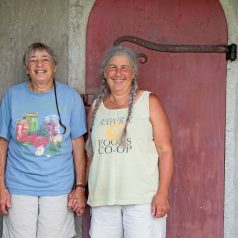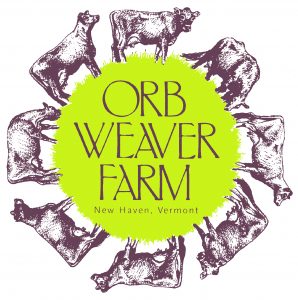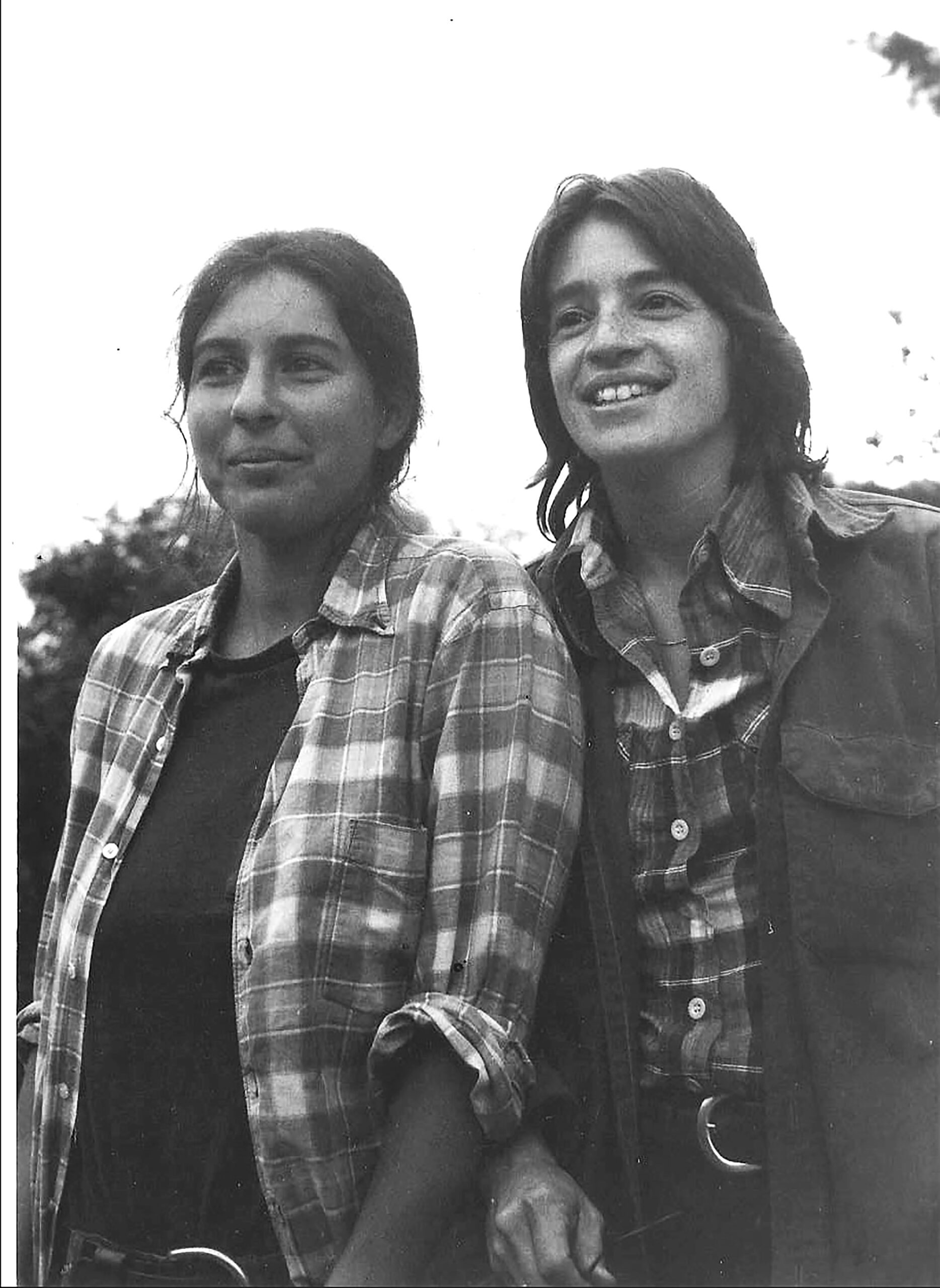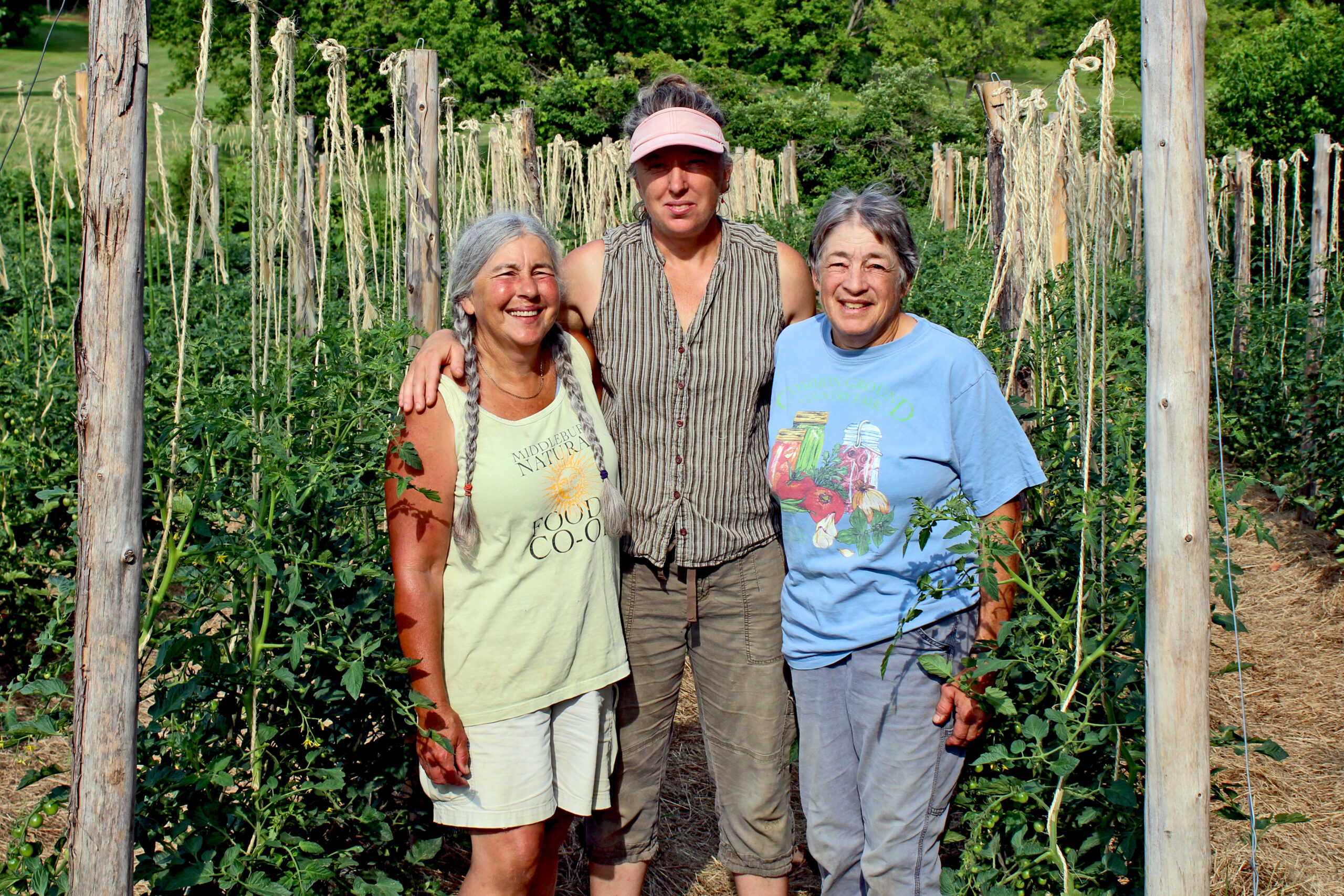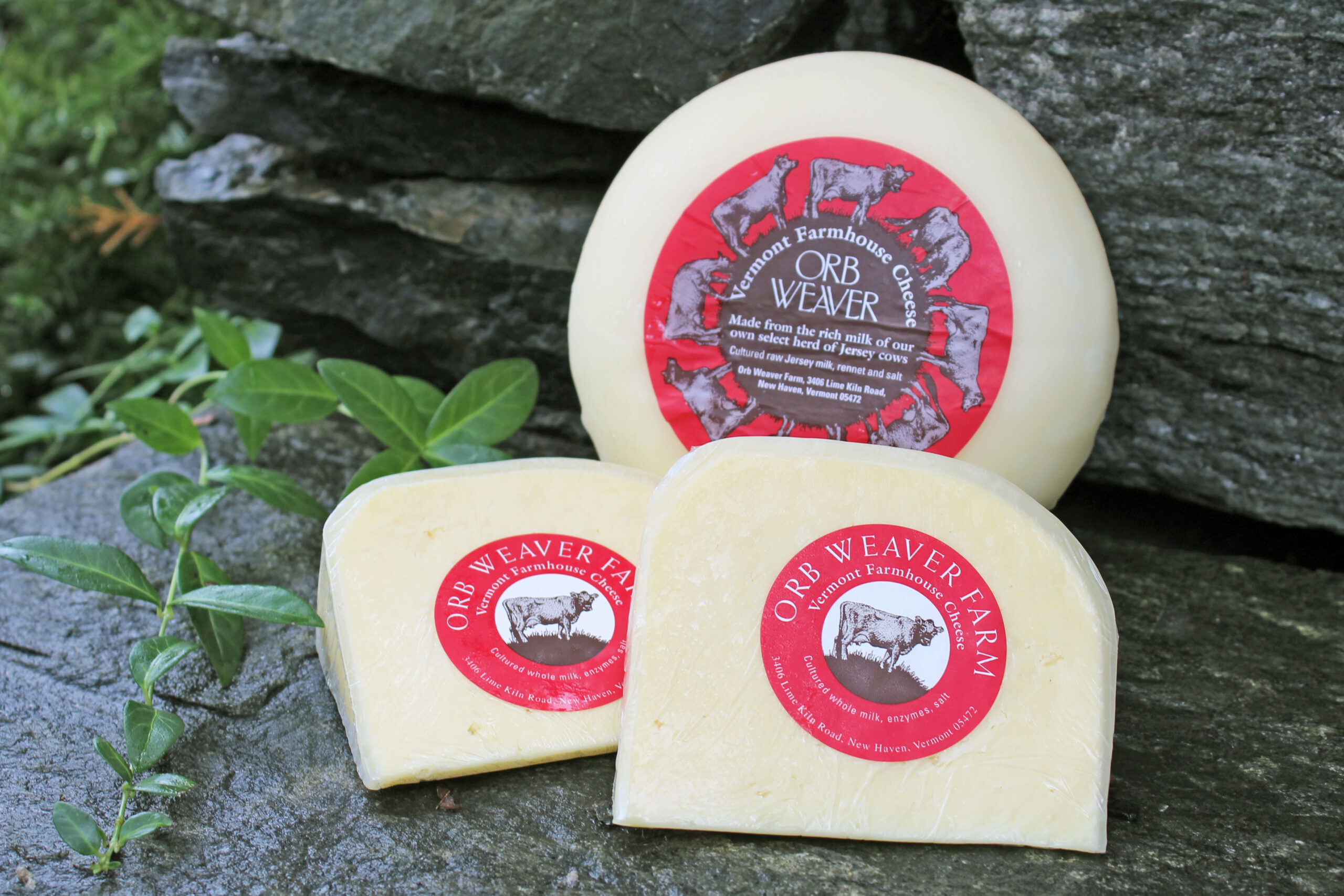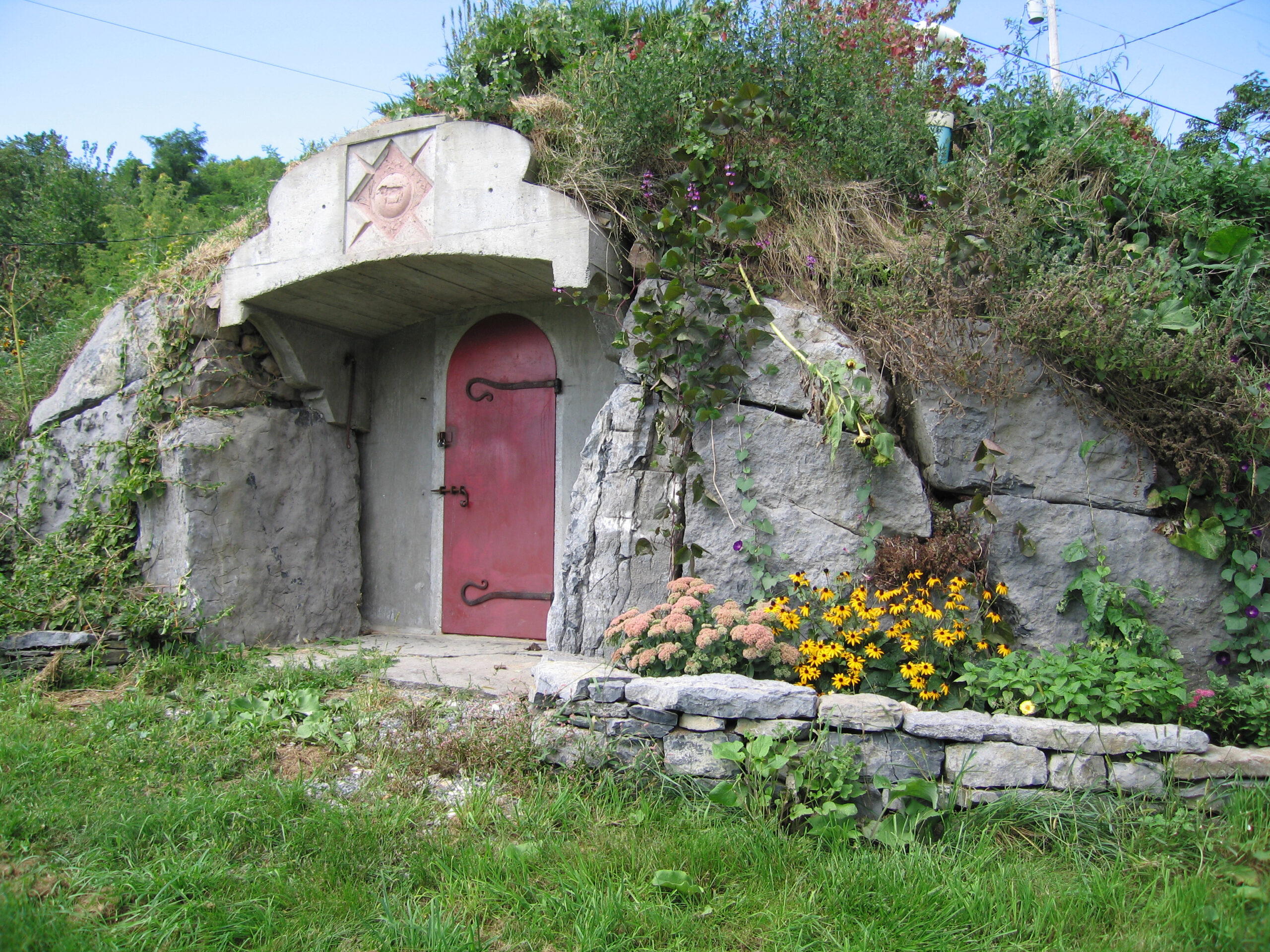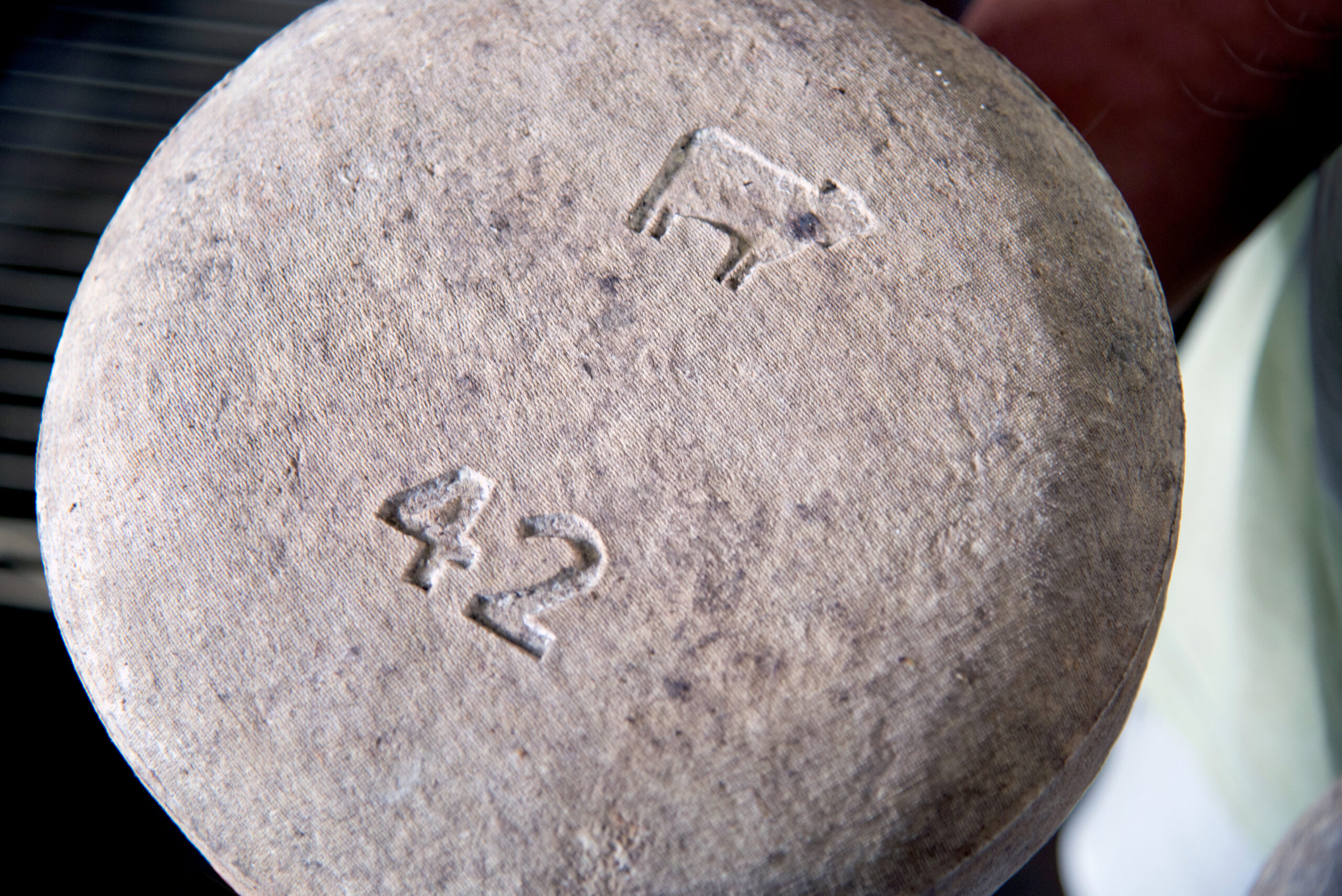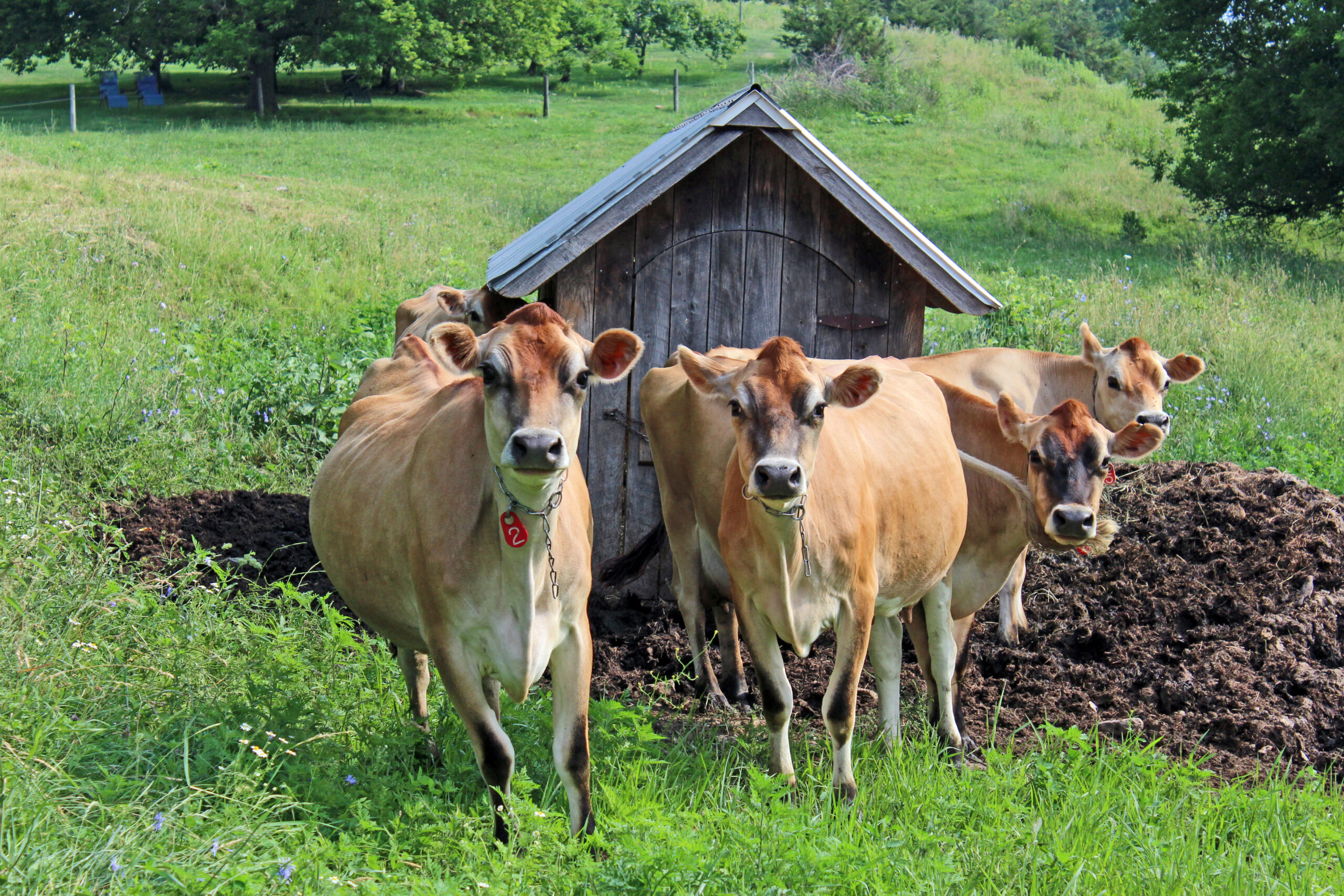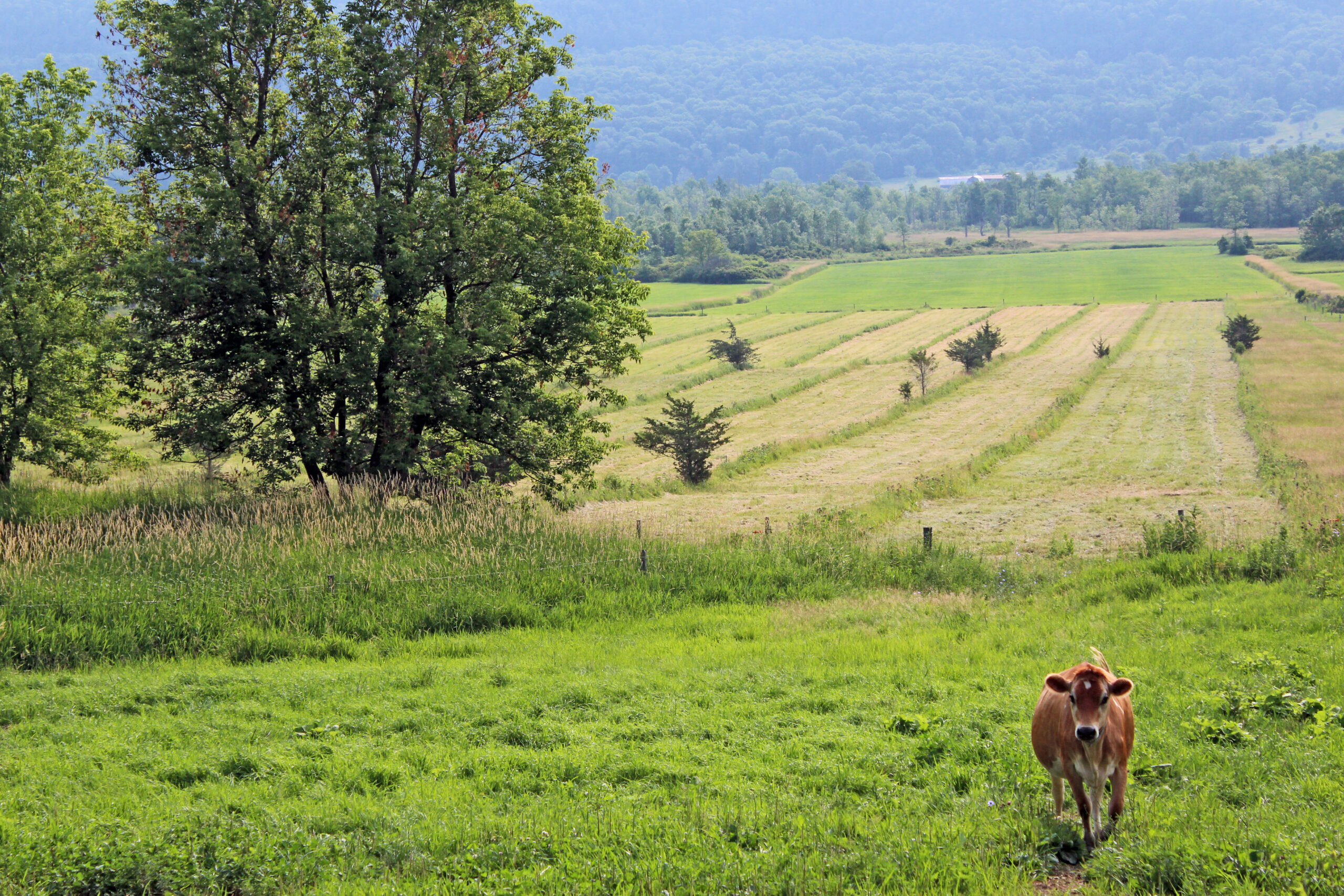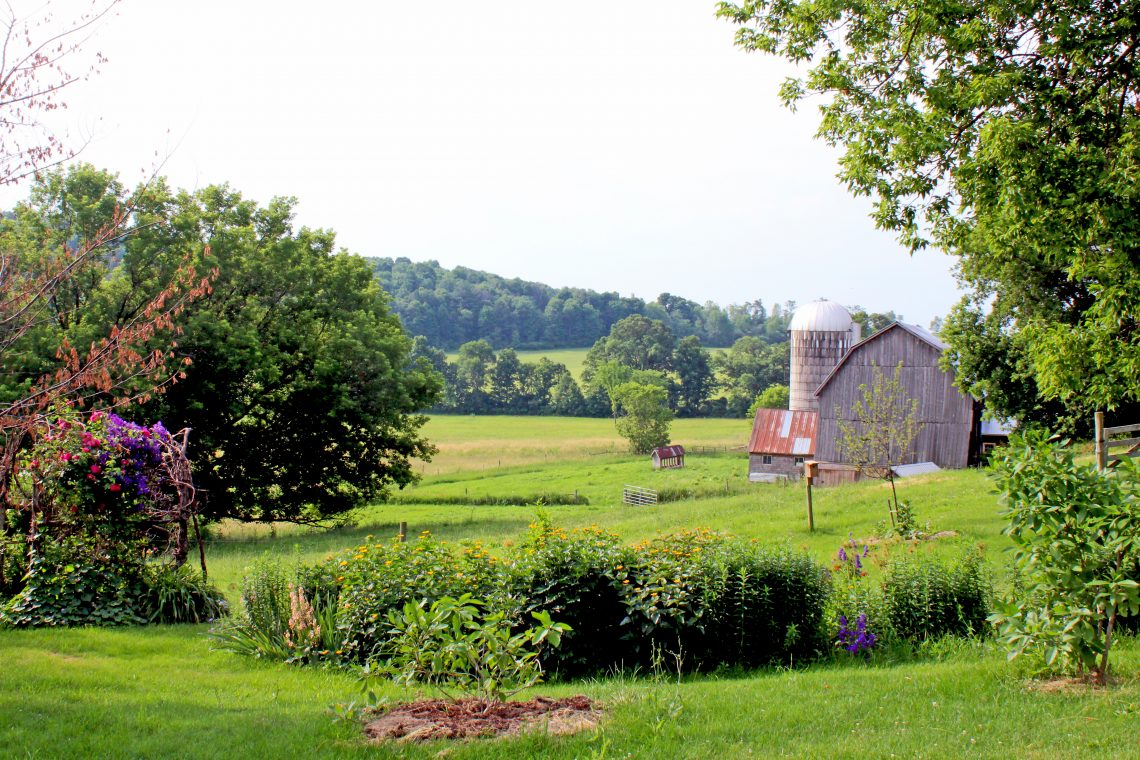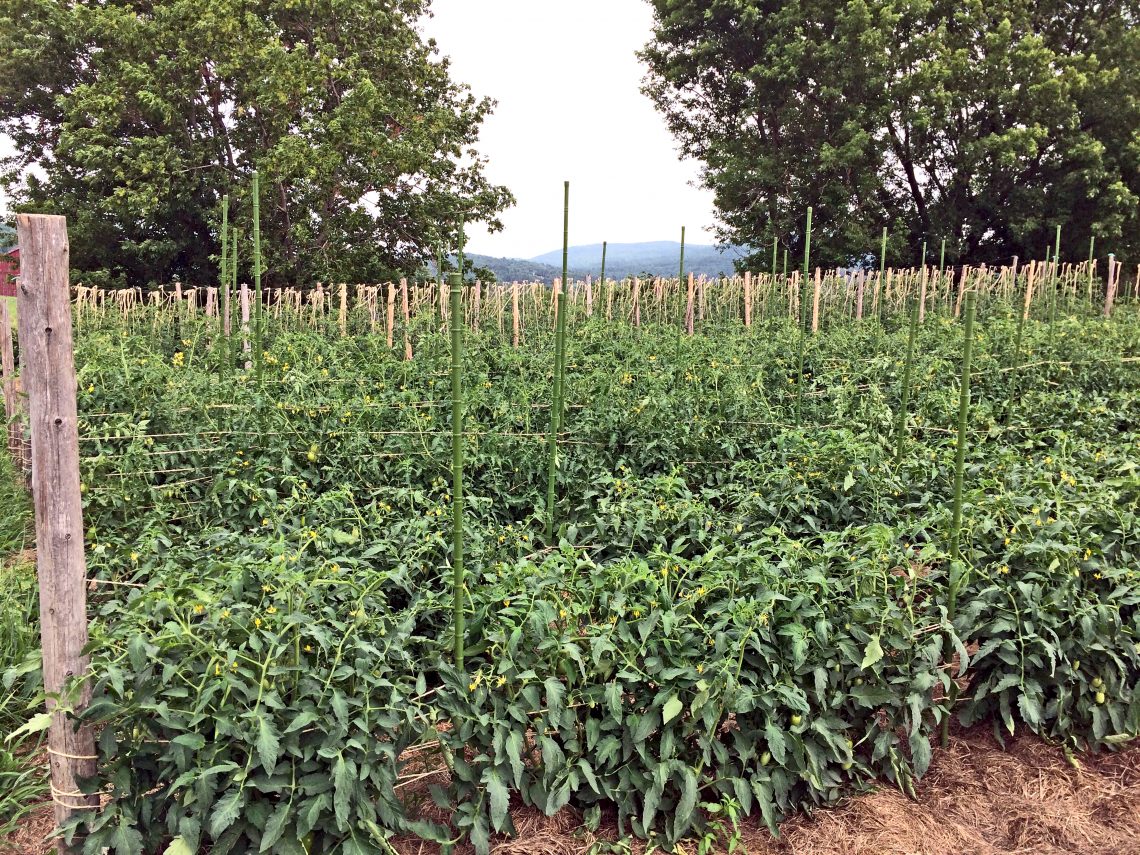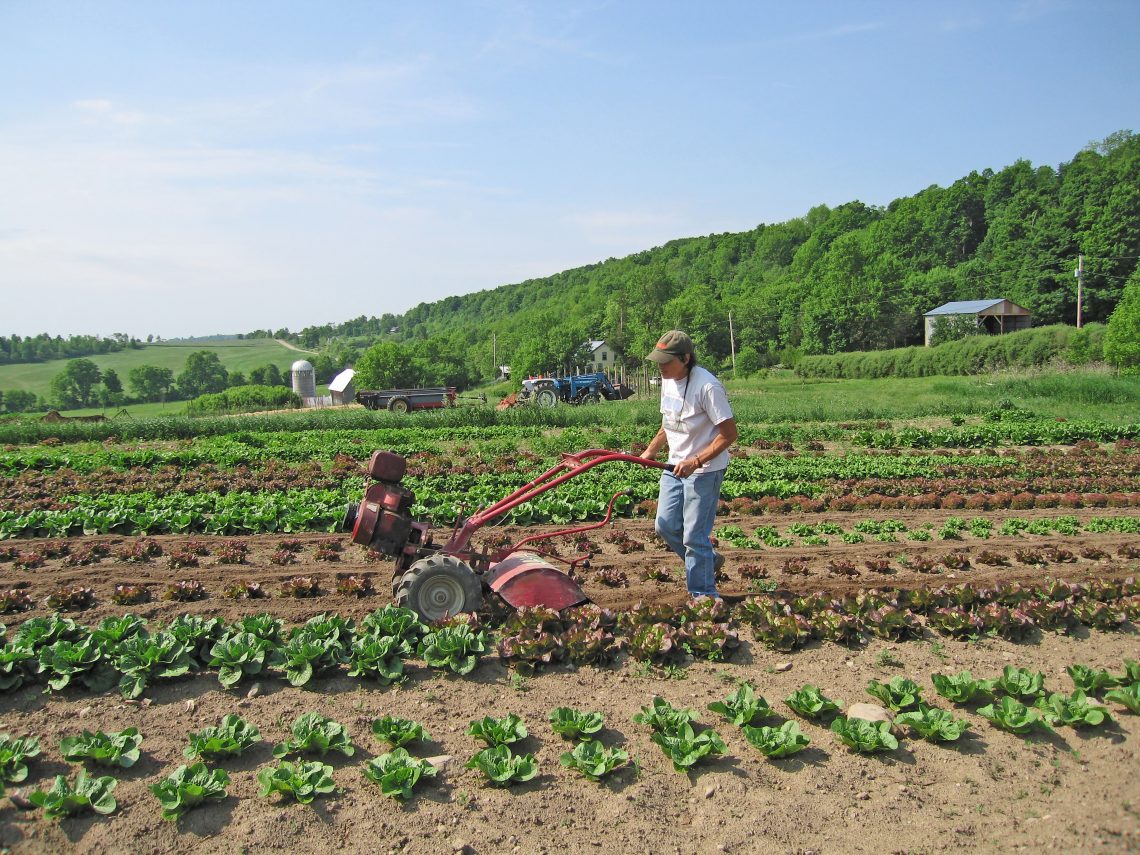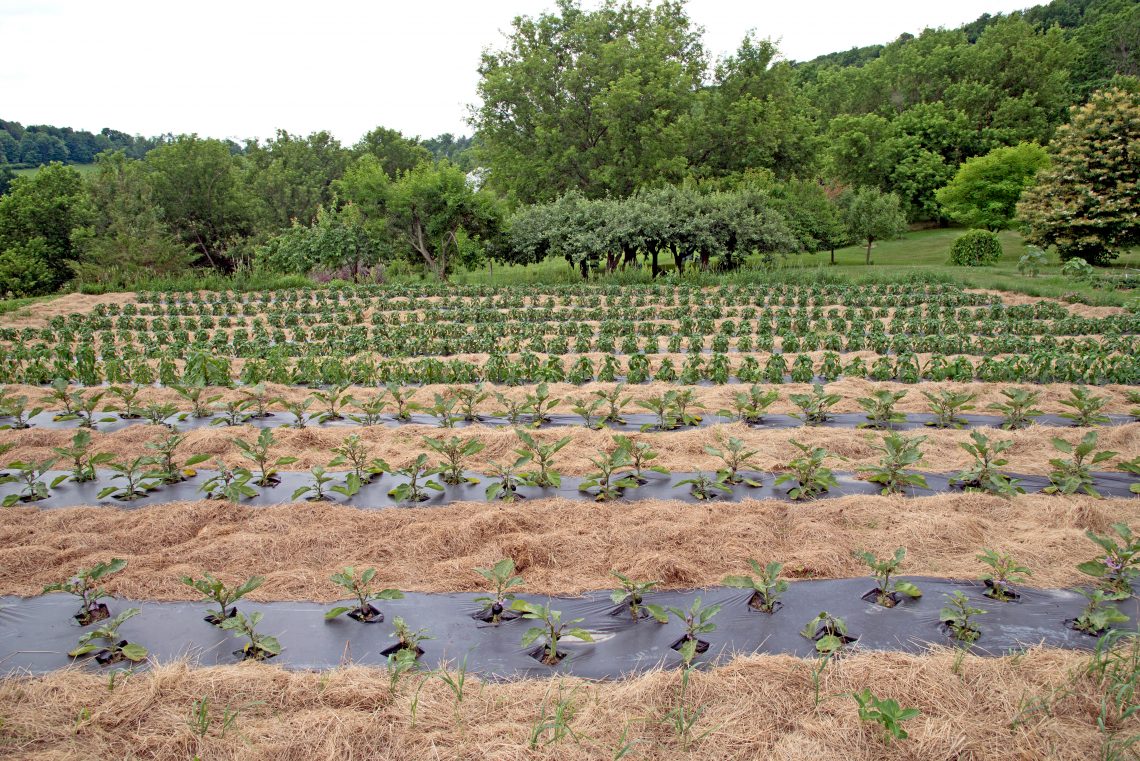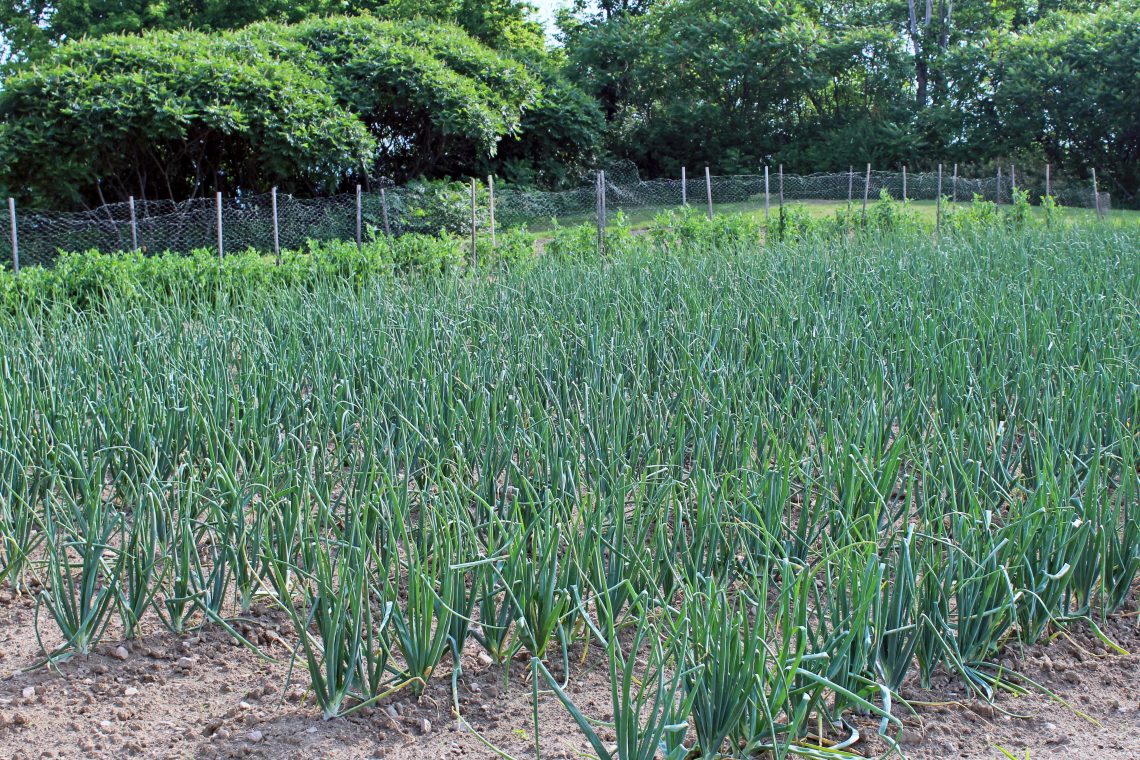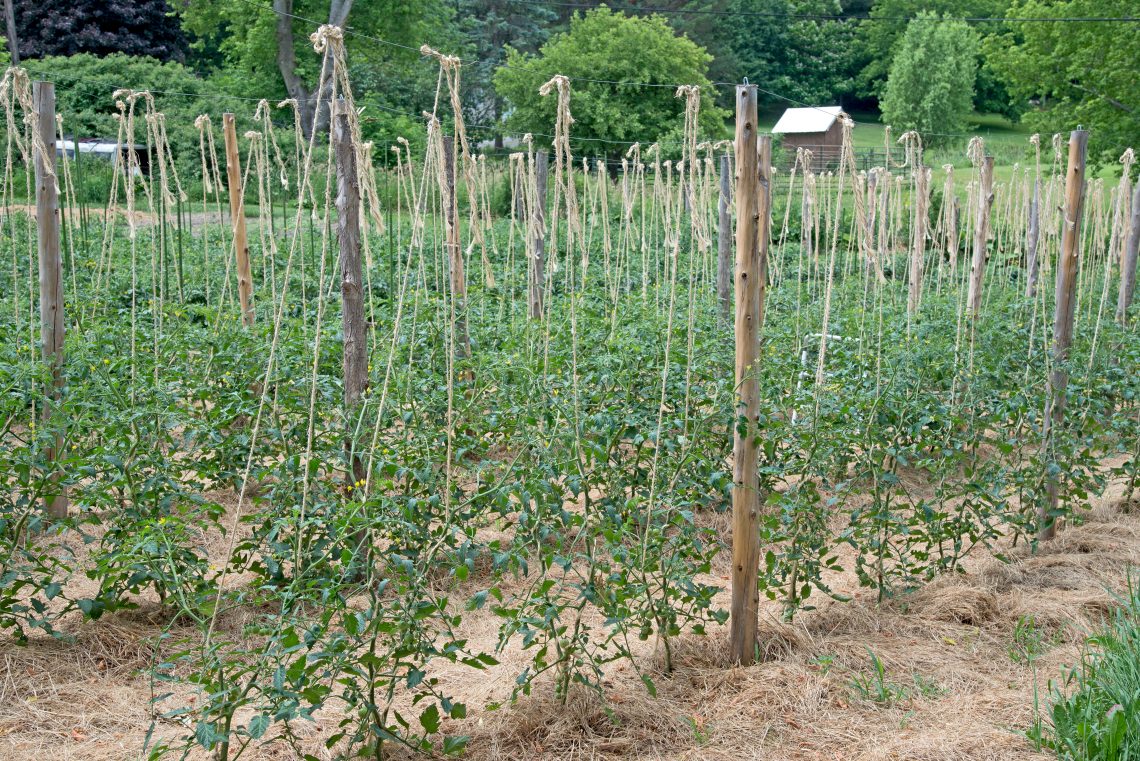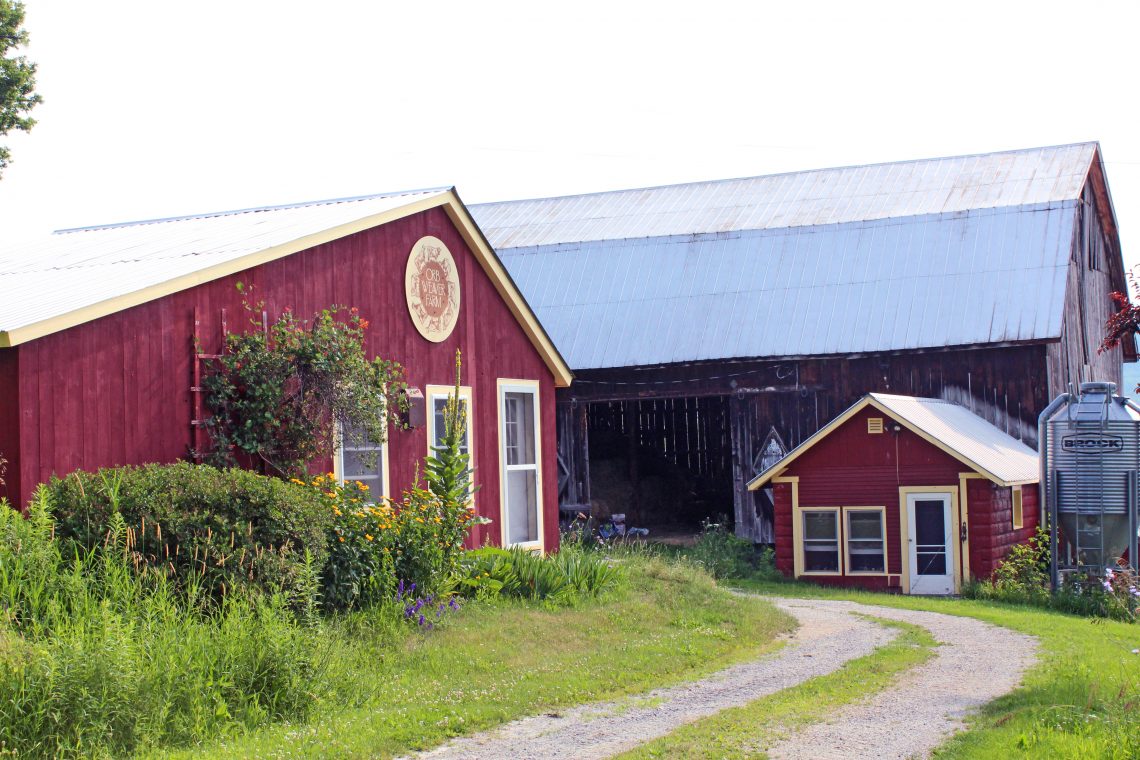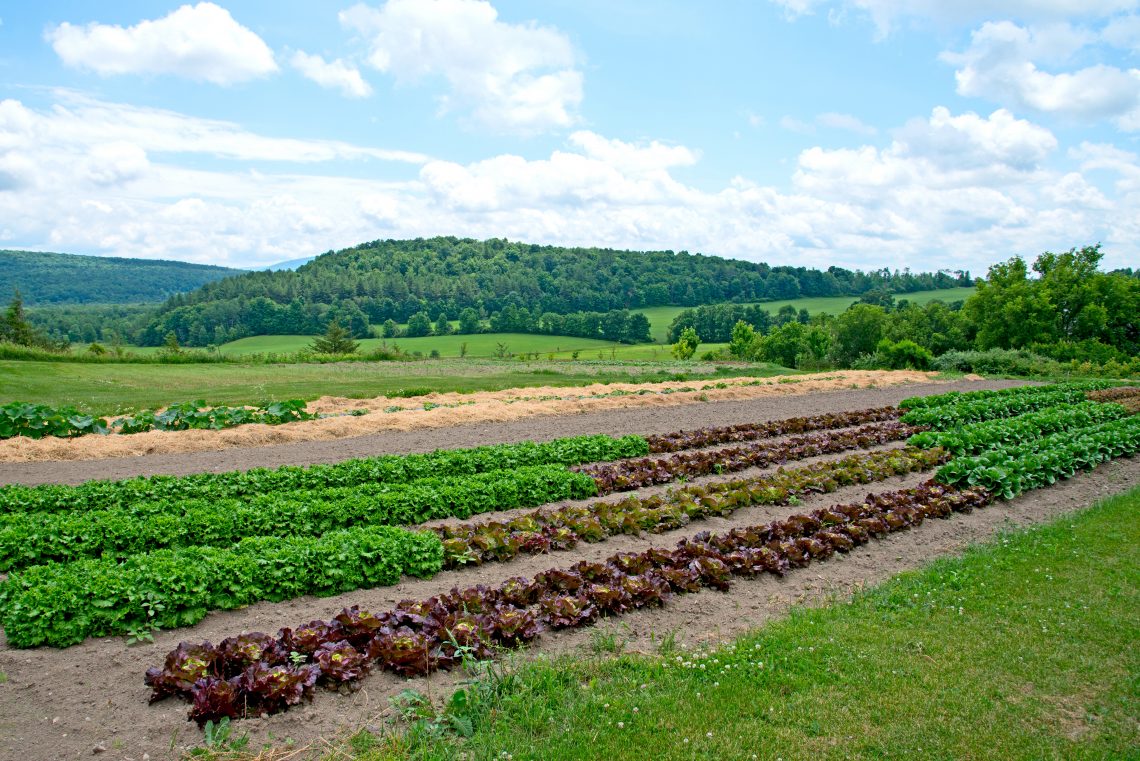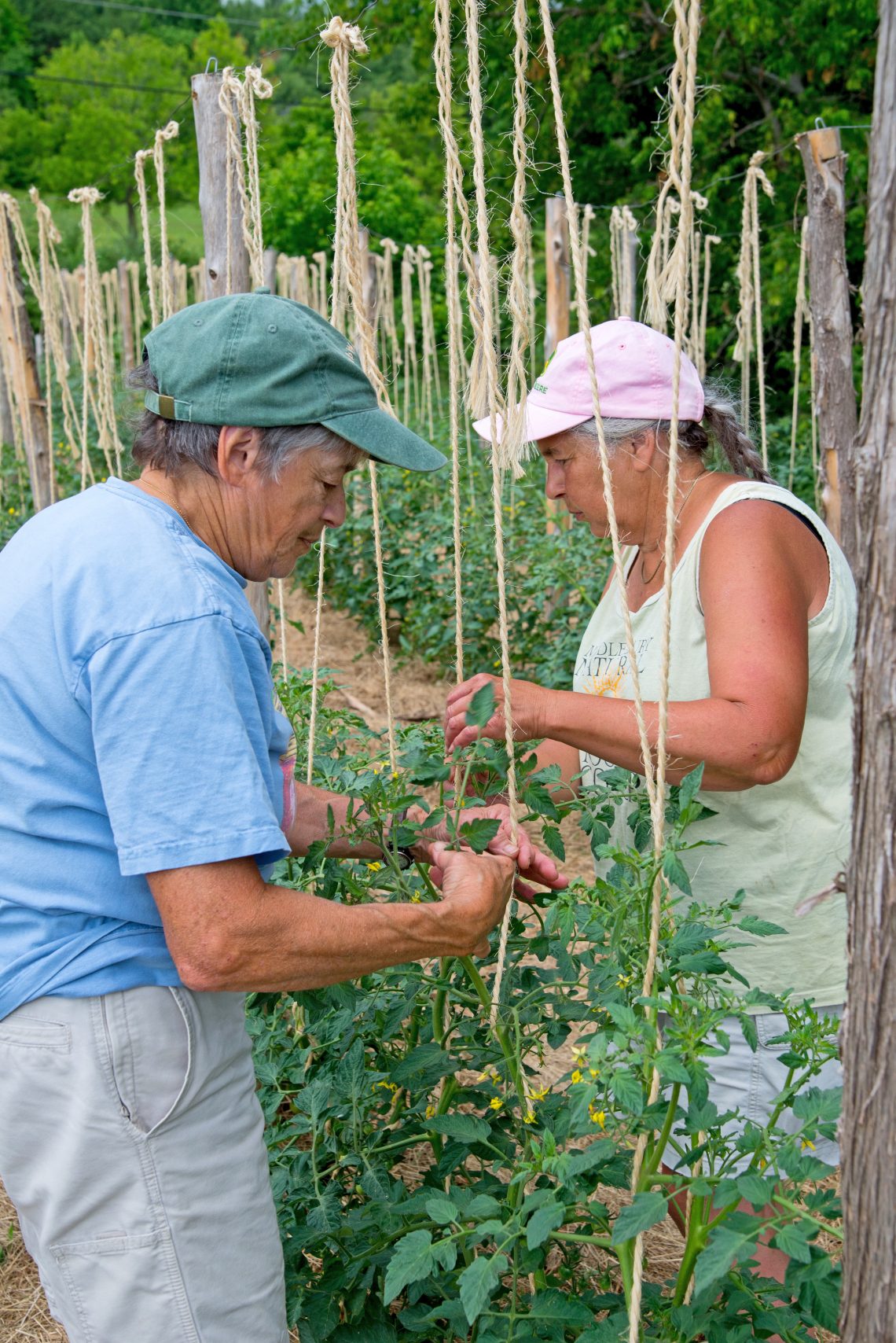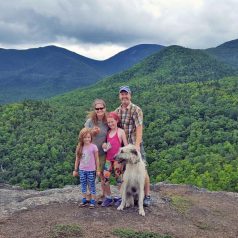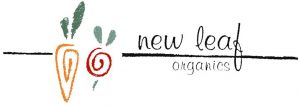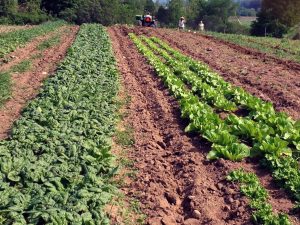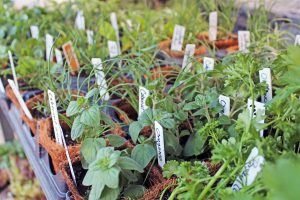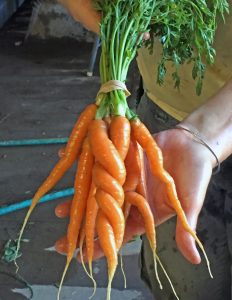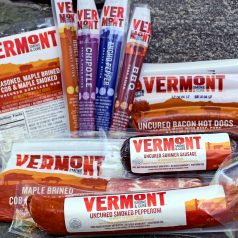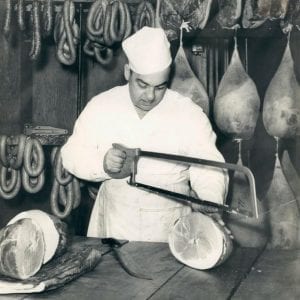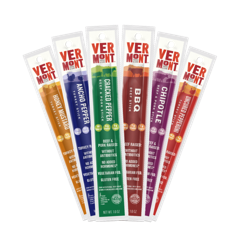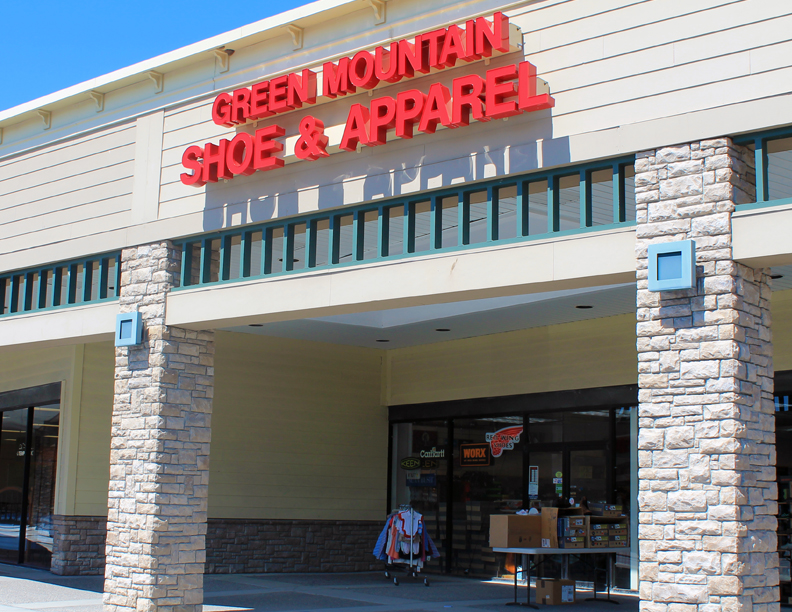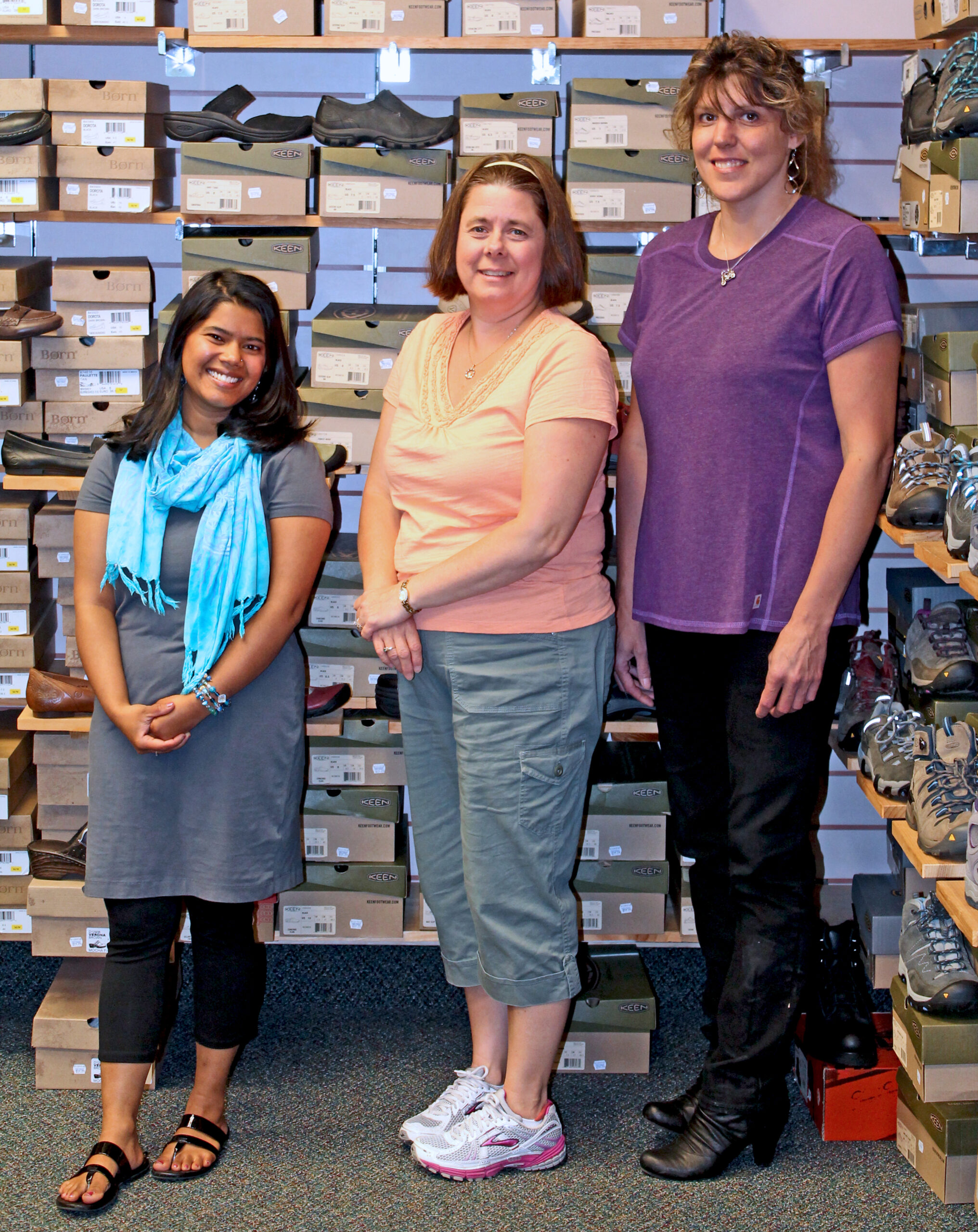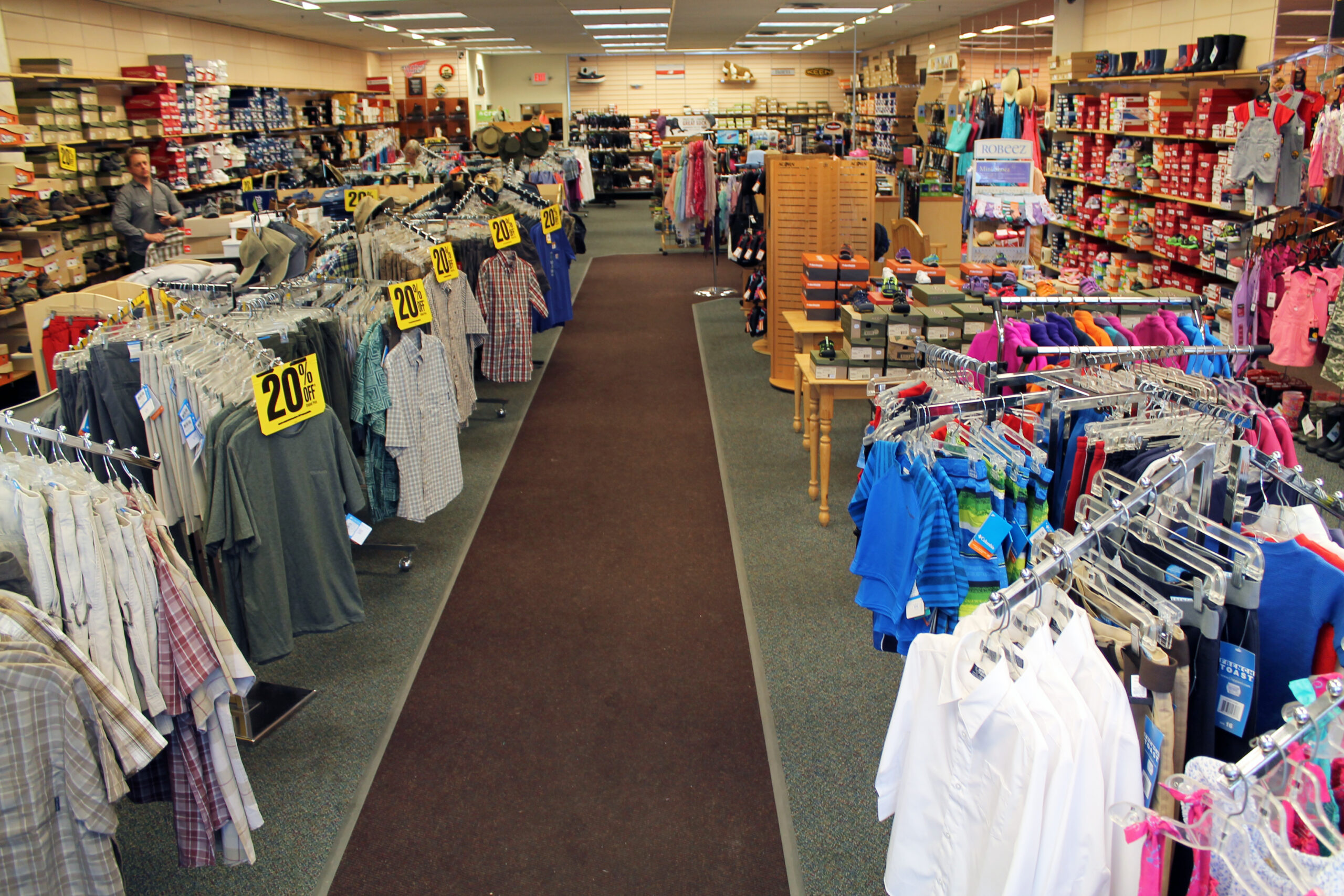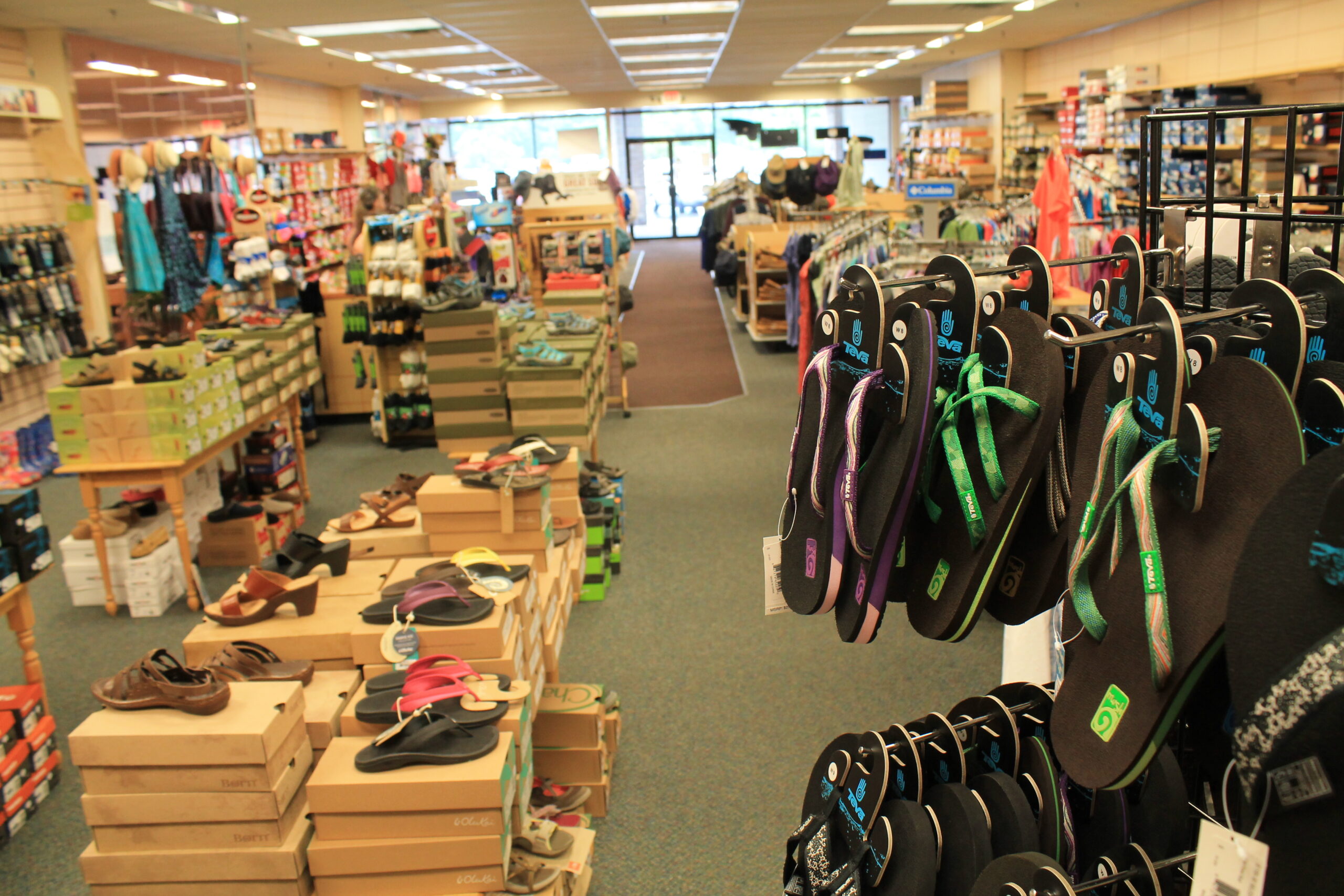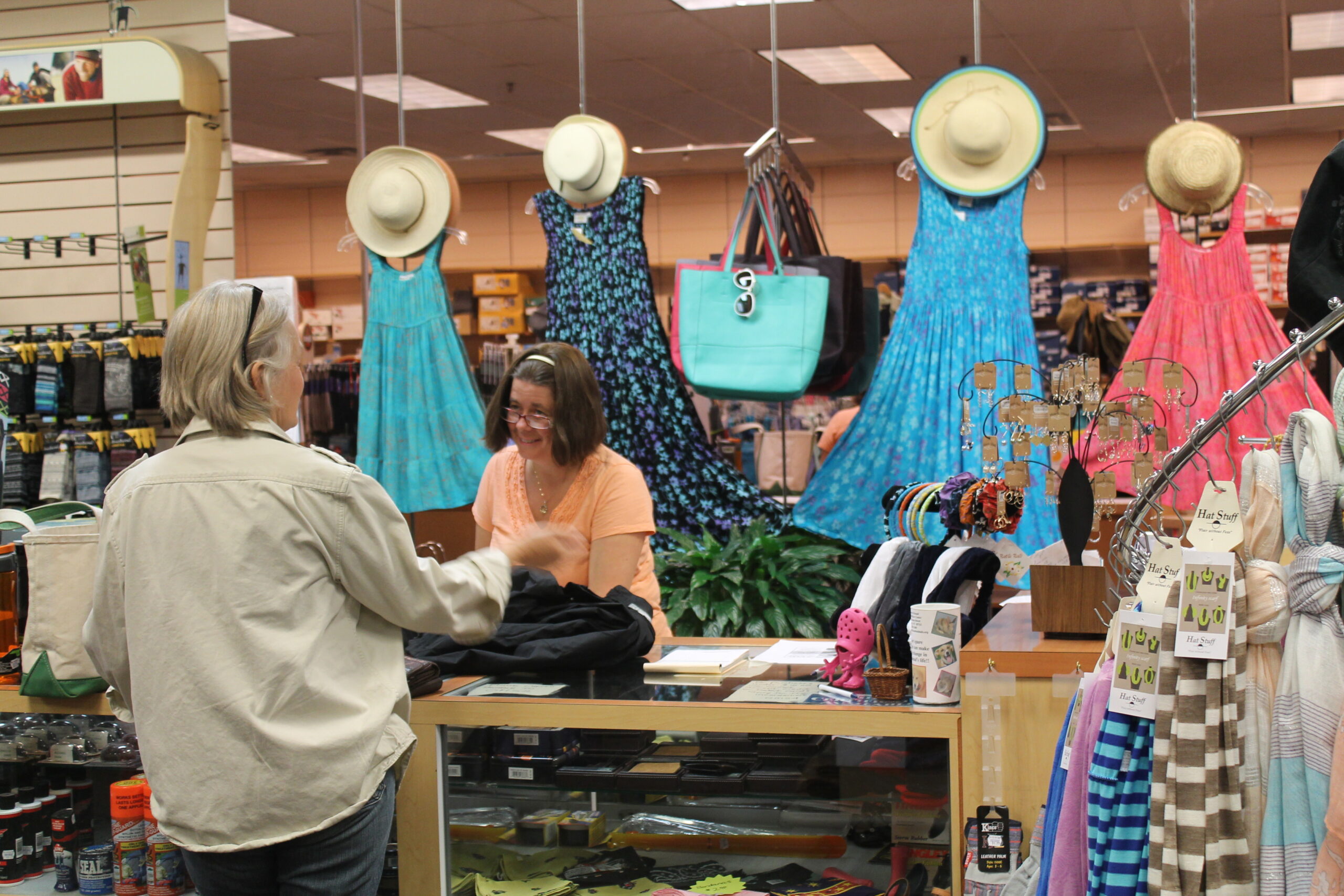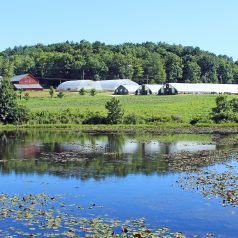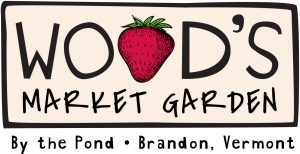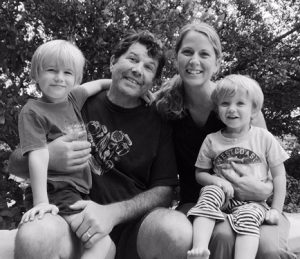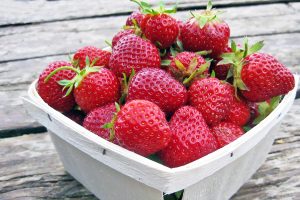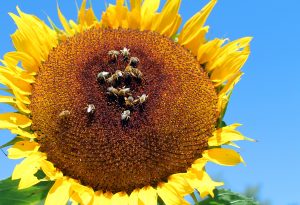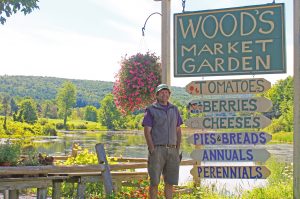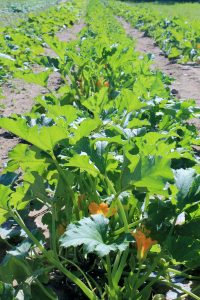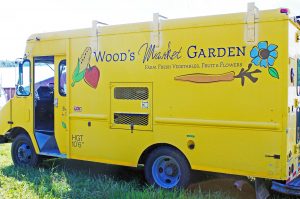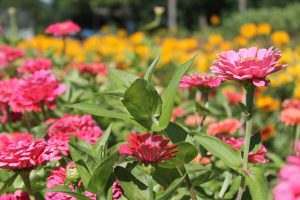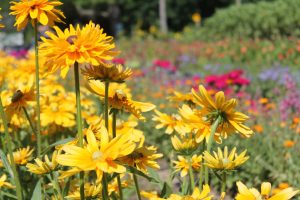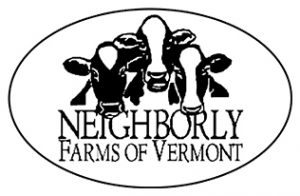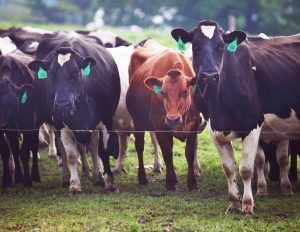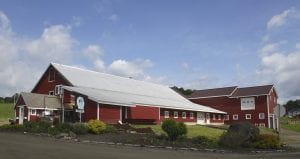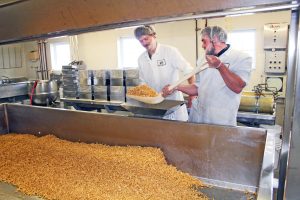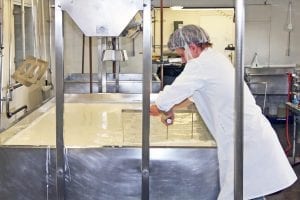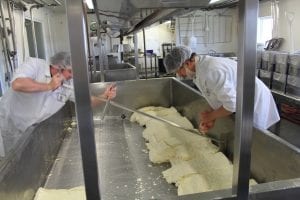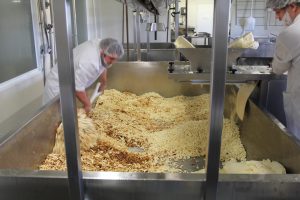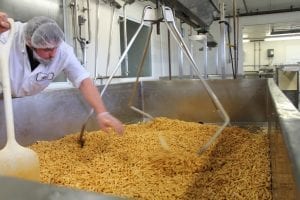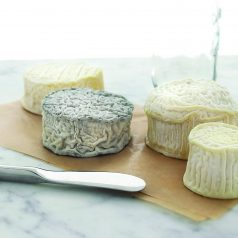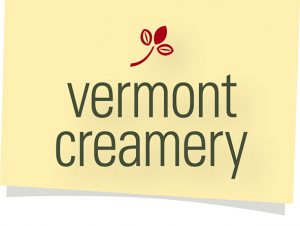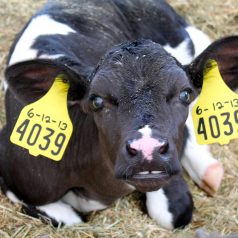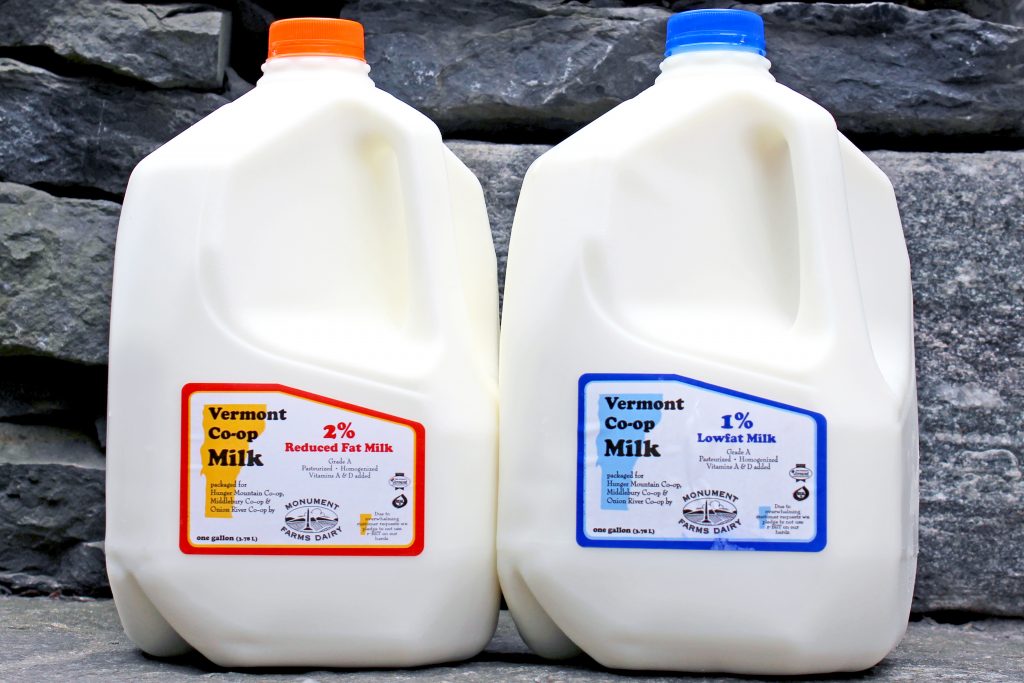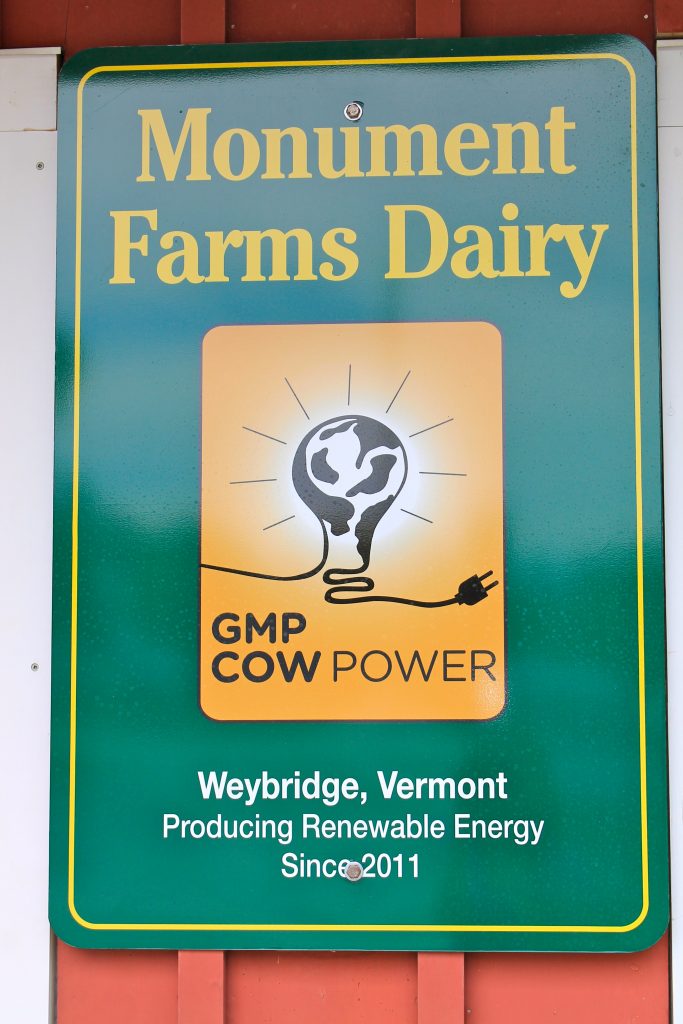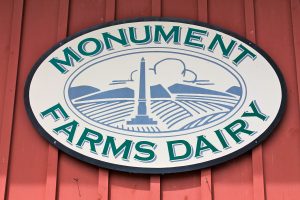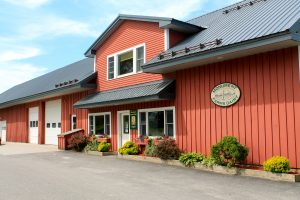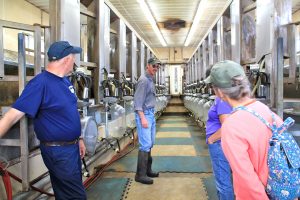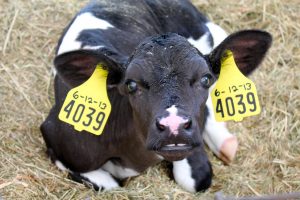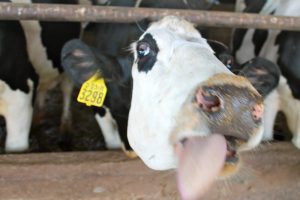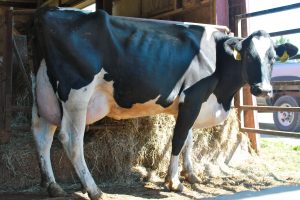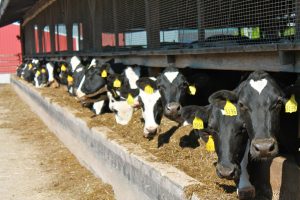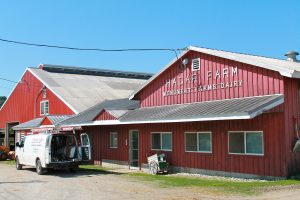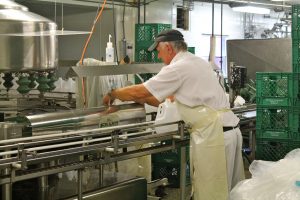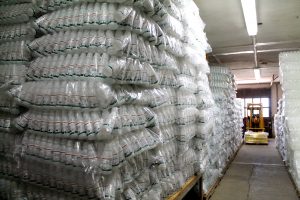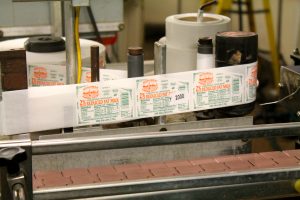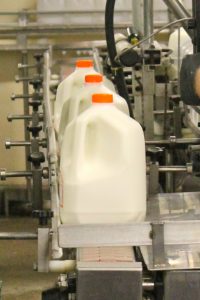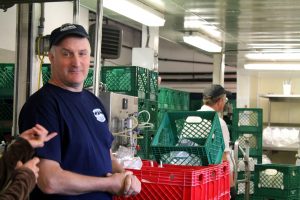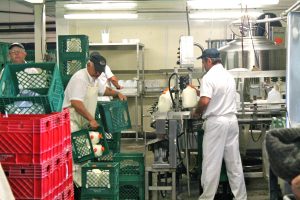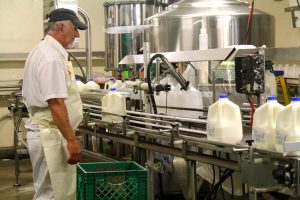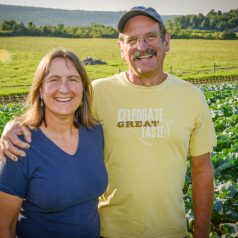
Spotlight on Golden Russet Farm
As we continue to celebrate Eat Local Month, we’re casting our Co-op Spotlight on a local, organic farm that has been part of our Co-op family for over 30 years – Golden Russet Farm! We acquire more produce from their farm than from any other farm in Vermont! Member-owners can enjoy 20% their abundant array of local, organic veggies and their glorious fresh-cut bouquets from September 14th – 20th! Read on to learn more about this wonderful farm and the fine folks who work tirelessly to make it such a special place:
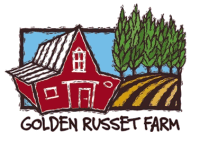
Farming Organically Since 1981
Farm owners Will and Judy Stevens have been growing organic vegetables commercially since 1981, having started on a small plot of rented land in Monkton, VT. After growing their business and refining their techniques, all the while learning from other pioneers in the Vermont organic farming community, they determined it was time to expand their operation. In 1984 they purchased a former dairy farm with good soils in the agriculturally-rich town of Shoreham, VT, in the southwestern corner of Addison County—home to Golden Russet Farm.
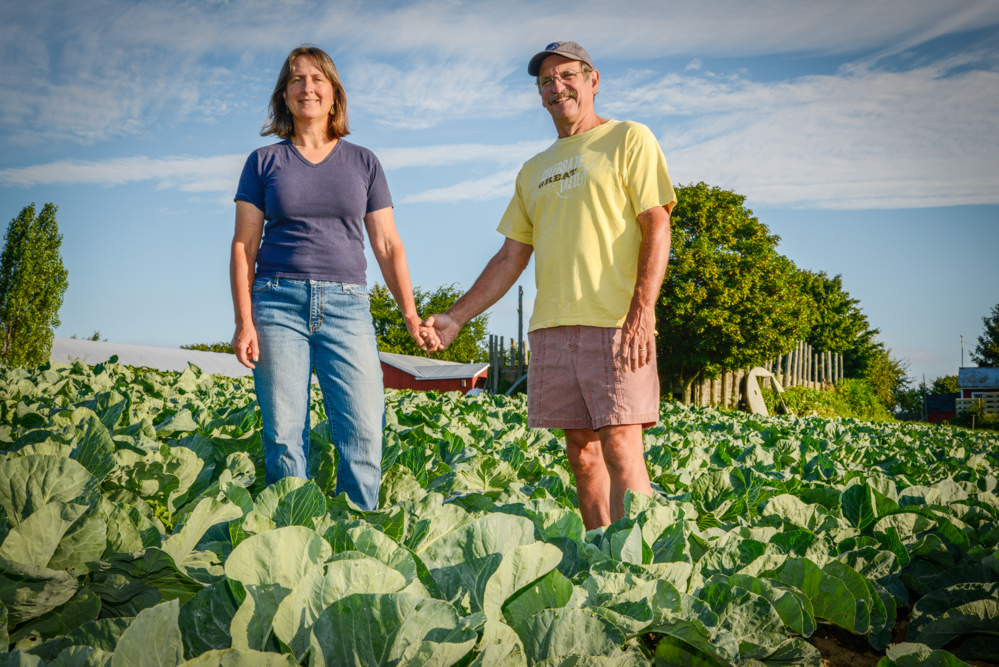
Certified Organic in 1987
The Stevens have always used exclusively organic production practices on their vegetable and greenhouse operations and became certified organic by Vermont Organic Farmers in 1987. Among other things, this means they use crop rotation, cover crops, biological and naturally-derived pest controls, compost, animal manure, and naturally-derived fertilizers as standard management practices.
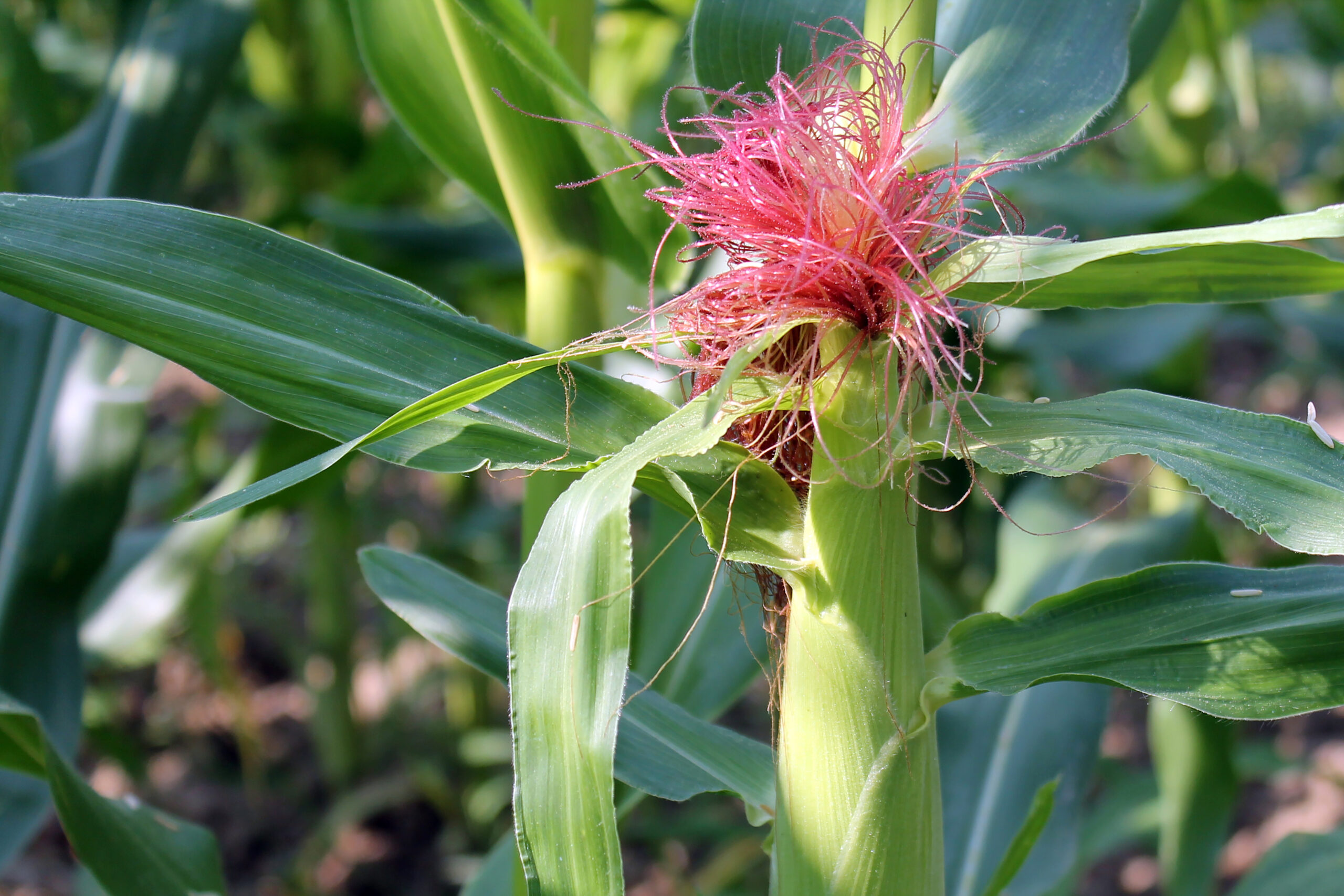
CSA, Farmstand, Greenhouse Sales & Cut Flowers for Events
Golden Russet Farm starts off the season with vegetable and flower plant sales in the greenhouses and the Farm-to-Kitchen Connection CSA (Community Supported Agriculture) program. In addition to raising vegetables for market, Judy also grows flowers for cutting, which adds color to the fields and creates habitat for beneficial insects. You’ll find these beautiful bouquets for sale throughout the summer months at the Co-op.

A Hyper-Local Sales Focus
Since 2003, the farm’s focus has been on “hyper-local,” meaning that approximately 90% of their produce has been consumed within 20 miles of the farm. Their produce is available at the farm stand, their CSA, at food markets in Middlebury and Burlington, and at Addison County restaurants.
Solar Powered Since 2013
In April of 2013 the Stevens put up five free-standing solar panels which provide them with all of their farm and personal electrical energy needs.

About The Farmers
Judy is a fourth-generation Vermonter from southern Vermont. Her family ran a successful Christmas tree business in the Londonderry area for many years. This experience helped her and Will create a successful mail order wreath business that they ran from the farm until about 2000. Will moved to Vermont from the Ticonderoga, NY area in 1977 to finish his college education at the University of Vermont, which is where he and Judy met. He graduated in 1980 with a BA in studio art, with a specialty in blacksmithing.
After spending the summer of 1980 at Shelburne Museum (Judy as a weaver, and Will in the Blacksmith’s Shop), they were serendipitously presented with the opportunity to ramp up their homestead gardening interest to a commercial scale, and in the first several years everything they grew was sold exclusively at the Burlington Farmers’ Market. From the beginning, their mission has been to provide good quality food to people at reasonable prices.
Shortly after they moved to an old dairy farm in Shoreham, VT, in November 1984, they began to raise a family–Freeman was born in 1986, Pauline in 1989, and Anna came along in 1991. The kids had a sand pile in front of the shed, which, as the greenhouse plant business grew over the years, became a magnet for customers’ children. At some point, the pile was moved to its present location at the corner of the flower garden, which makes it much easier for shopping parents to keep an eye on their children!
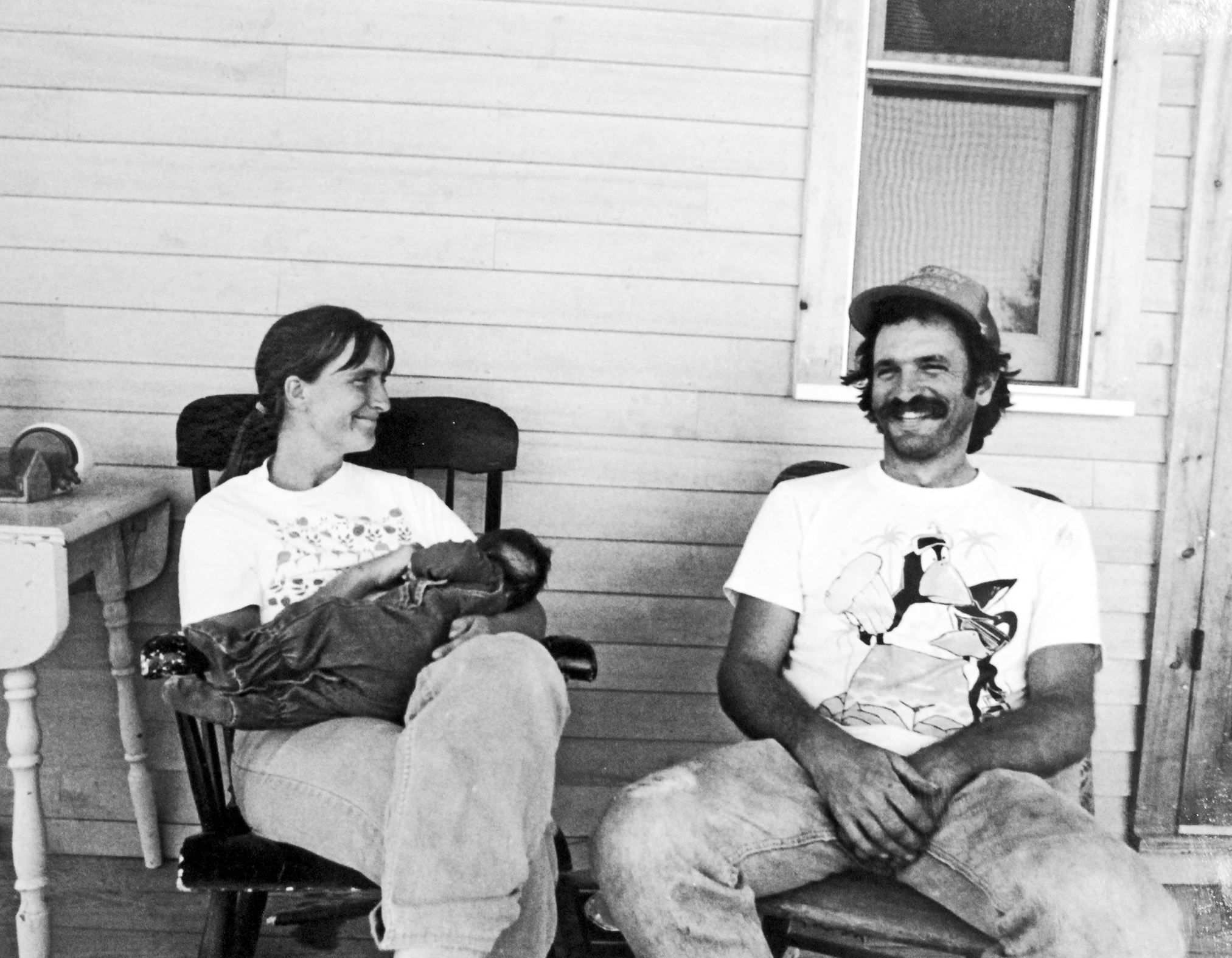
Between 1989 and 1992, Will served as President of Vermont Organic Farmers, which then was NOFA-VT’s certification committee. This was an exciting time in the world of organic agriculture. The sudden interest in the link between food safety and production practices was inspired by Meryl Streep’s CBS appearance on 60 Minutes in the fall of 1989 when she railed against a particular spray used on apples. “Mothers and Others for Pesticide Limits” was formed, bringing public awareness to the benefits of organic agriculture. Suddenly, a fringe movement that had been based on back-to-the-land ideals found itself moving toward the mainstream. Some would say that this was the beginning of the localvore movement.
Judy served for 3 years on the board of the Vermont Fresh Network. VFN strives to foster meaningful, mutually profitable relationships between Vermont food producers and chefs and was one of the earliest formal “Farm to Table” initiatives in the nation.
Judy and Will have been actively involved in Town affairs through various organizations and boards. Judy served on the Rescue Squad through much of the eighties and has played an important role in the expansion and promotion of Shoreham’s Platt Memorial Library over the last twenty years. Will was elected to the Town Planning Commission in the mid-nineties, and eventually chaired it for several years. He has since served on the Select and Zoning Boards, and has been elected Town Moderator every year since 2004.
In November 2006 Will was elected to the Vermont Legislature (as an Independent, representing the Towns of Benson, Orwell, Shoreham, and Whiting) for the first of four two-year terms. He was on the House Agriculture and Forest Products Committee all eight years and served the last four as ranking member. He is especially proud of two programs that came out of his committee during that time: the Farm to Plate and Working Lands Initiatives.
